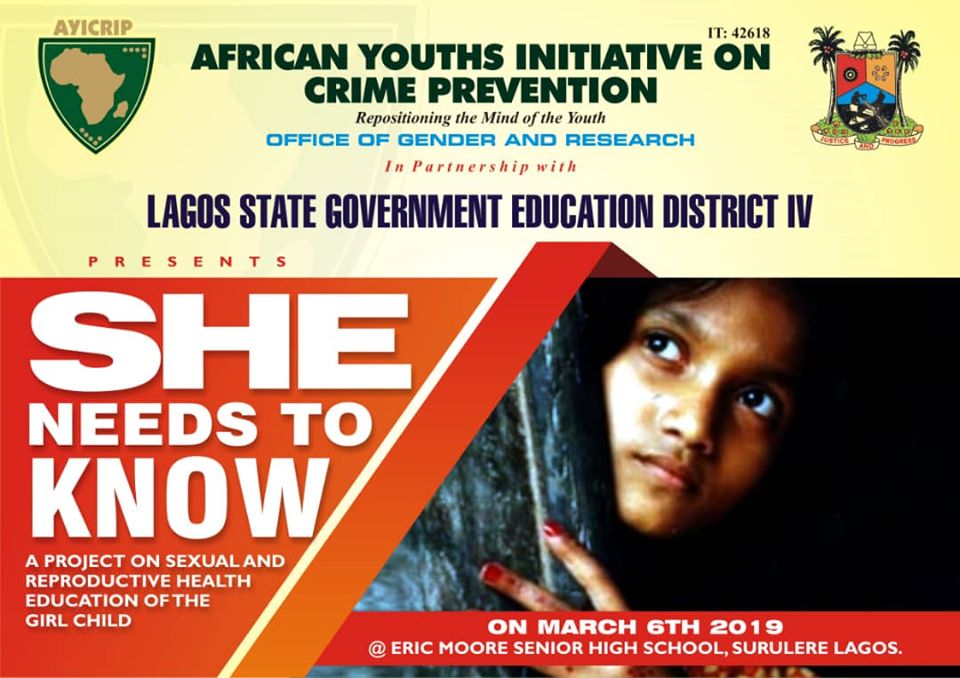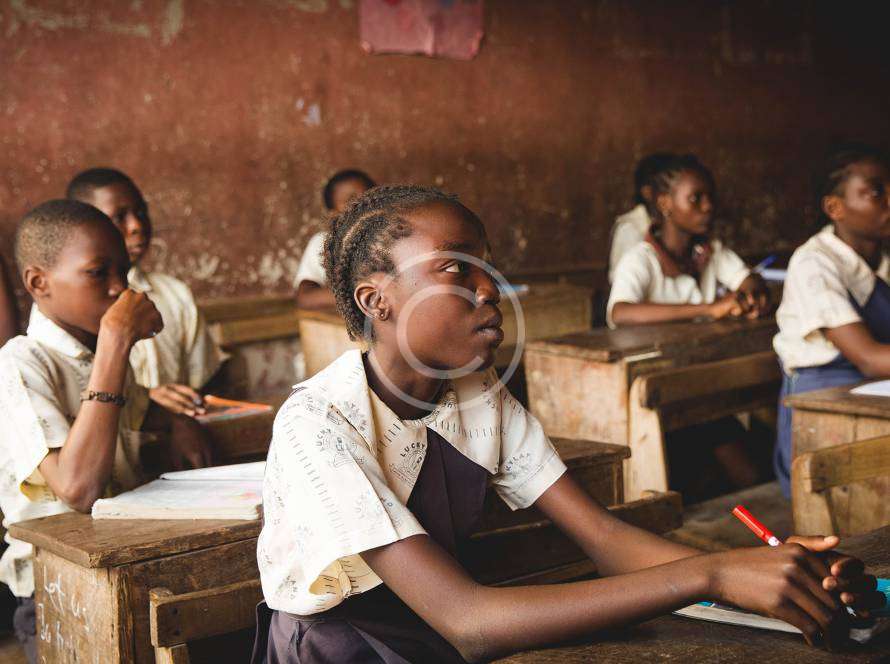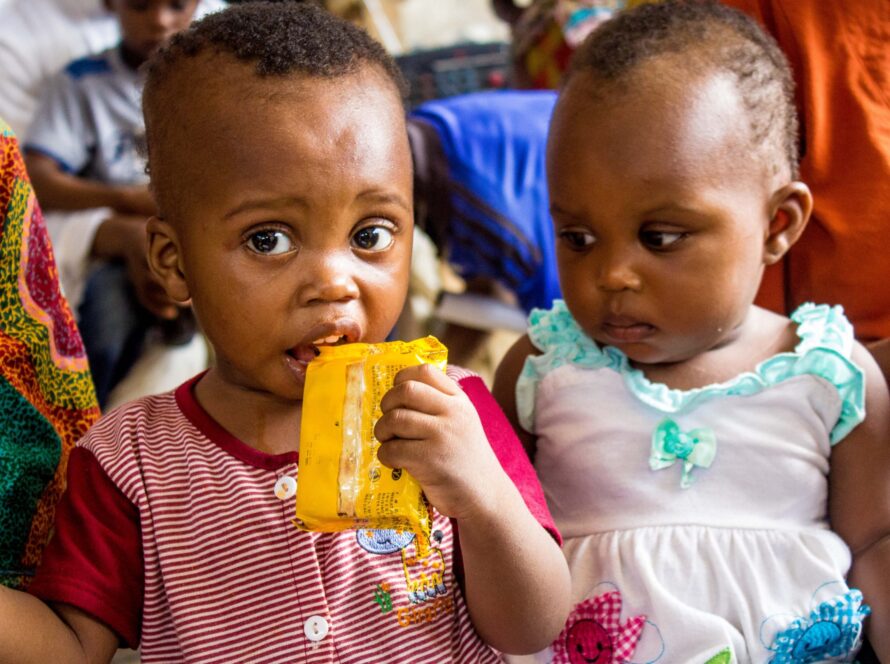Adolescents according to the World Health Organizations, also known as “Teens or Teenagers”, are individuals aged 10 to 19 years and are classified under the population of Young People generally who are aged 10 to 24 years. Also, within this age range is when puberty, psychosocial, emotional and secondary sexual features begin to set in and develop overtime.
Adolescents are an important of the global population; as they are young and steadily increasing with great potentials, that by 2030, they are expected to have a number strength of greater than 1.3billion across the world. Some of the problems related to their health include unwanted pregnancy, unsafe abortion, sexually transmitted infection, maternal and perinatal morbidity and mortality, delivery complications which are leading causes of death among them and of serious public health concern.

In March, we were invited to Eric Moore High School, Surulere – Lagos where we spoke to enlighten and educate about 200 hundred adolescent school girls with few selected boys on “Abstinence and sexually transmitted infections”. The program was themed “She Needs to know Event #Girlpower”; a project on sexual and reproductive health education of the girl child, in bid to pass across correct and proper information to them so as to avert possible globally relevant problems associated such as high mortality rate from unsafe abortion, intergenerational poverty, intergenerational illiteracy, intergeneration teenage child bearing and many more.
The organizers of the program was African Youths Initiative on Crime Prevention (AYICRIP), Office of Gender and Research in partnership with Lagos State Government Education District IV, in commemoration of 2019 International Women’s Day.
References:
Atchison CJ, Mulhern E, Kapiga S, et al. Evaluating the impact of an intervention to increase uptake of modern contraceptives among adolescent girls (15–19 years) in Nigeria, Ethiopia and Tanzania: the Adolescents 360 quasi-experimental study protocol. BMJ Available at 2018;8:e021834. doi:10.1136/ bmjopen-2018-021834(Accessed: 13 March 2020)
Landolt, N. K., Achalapong, J., Kosalaraksa, P., Petdachai, W., Ngampiyaskul, C., Kerr1, S., Boonyanurak, P., Ananworanich, J., and Bunupuradah, T., (2017) Strategies to improve the uptake of effective contraception in perinatally HIV-infected adolescents, Journal of Virus Eradication 2017; 3: 152–156 (Accessed: 13 March 2020)
Ngo Um Meka, E., Essiben, F., Dohbit, S. J., Guemcheck, N., Foumane, P., and Mboudou, E., (2018) Predictive Factors Related to Teenage Pregnancy. Gynecology & Reproductive Health (Accessed: 13 March 2020)
Agoyi M. O.
Programs Manager,
Safer Hands Health Initiative,




